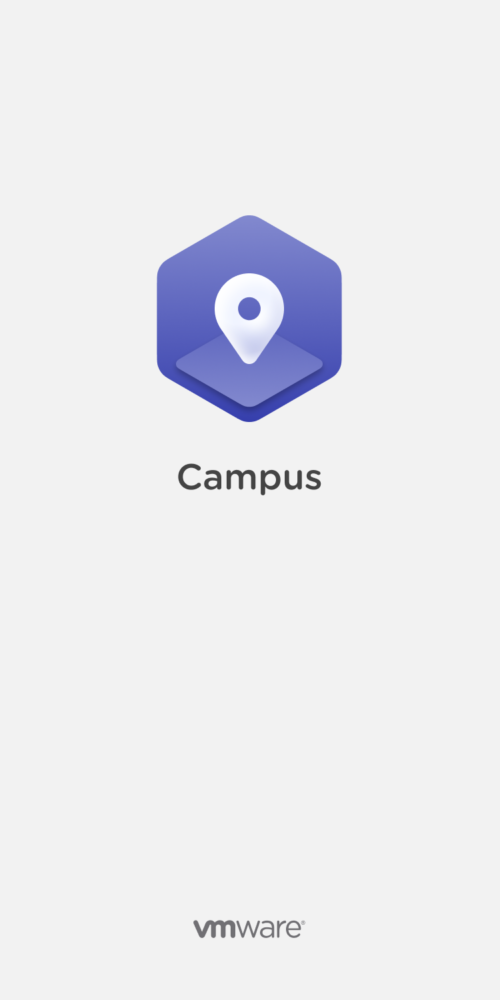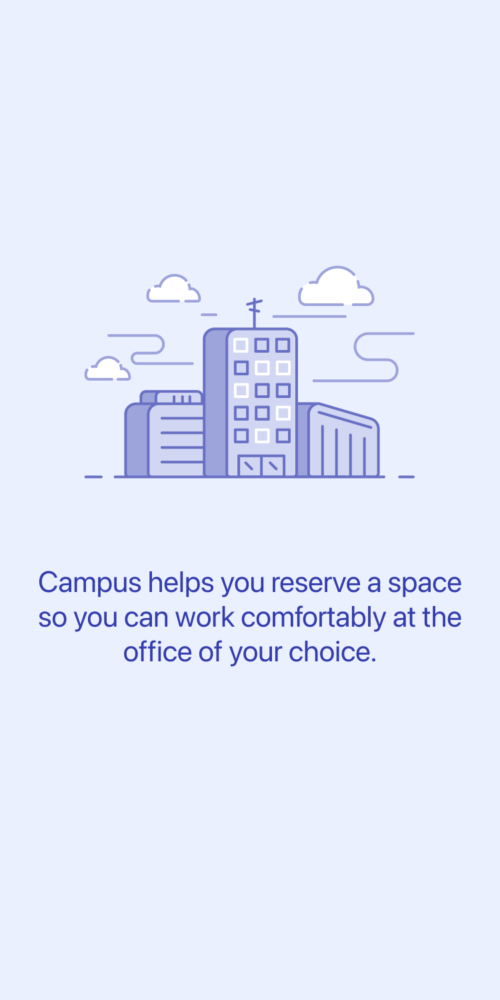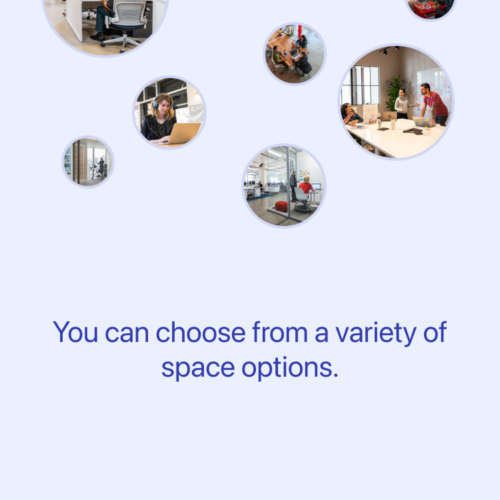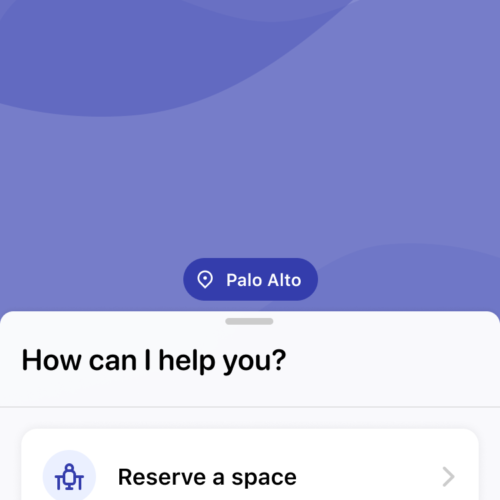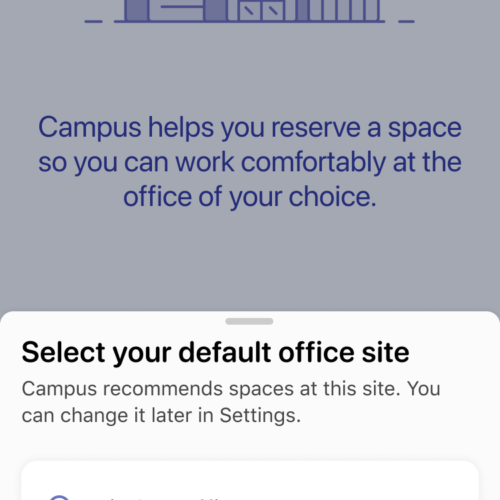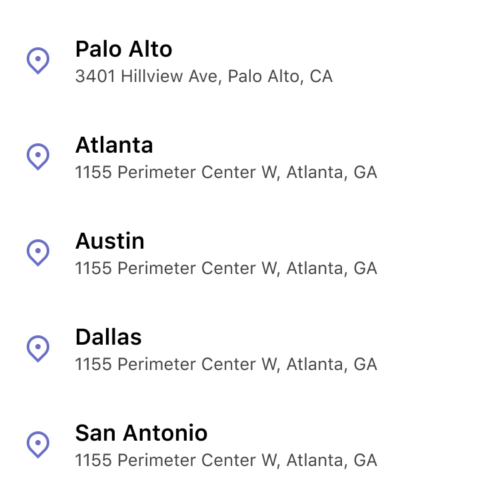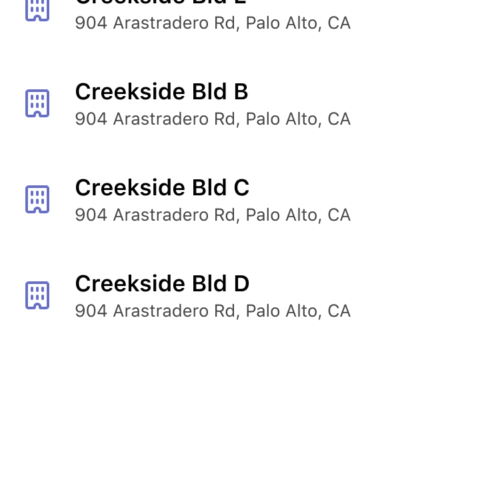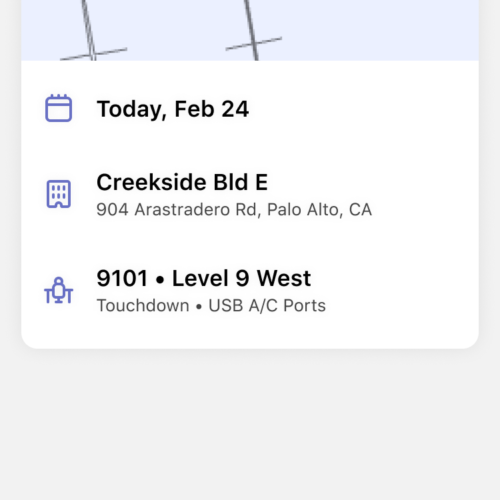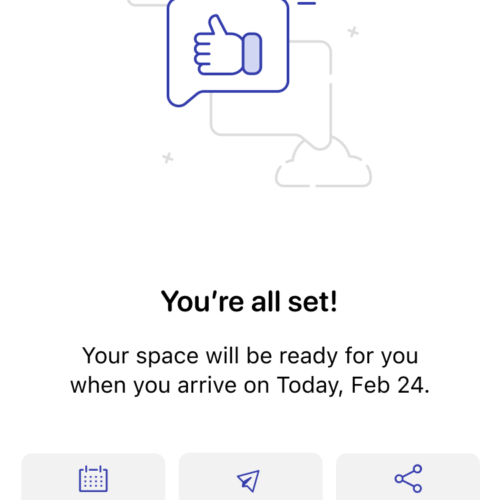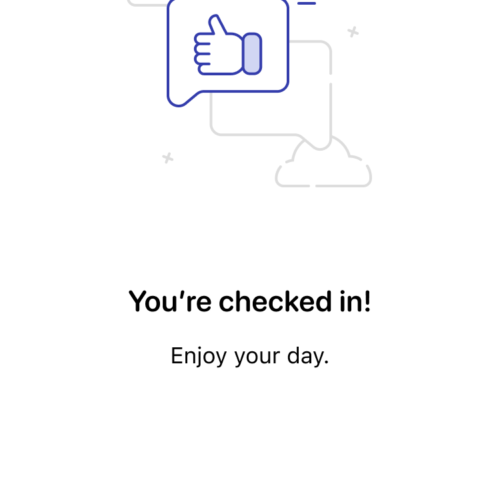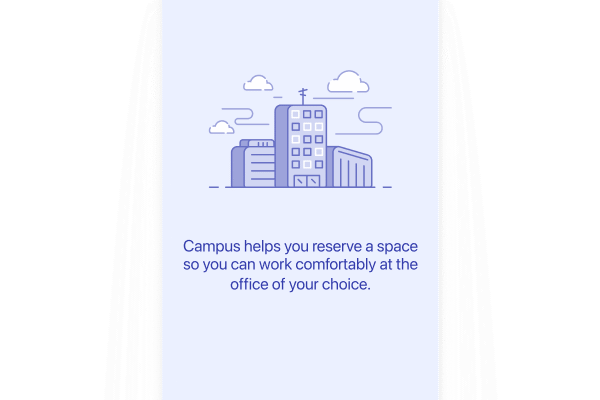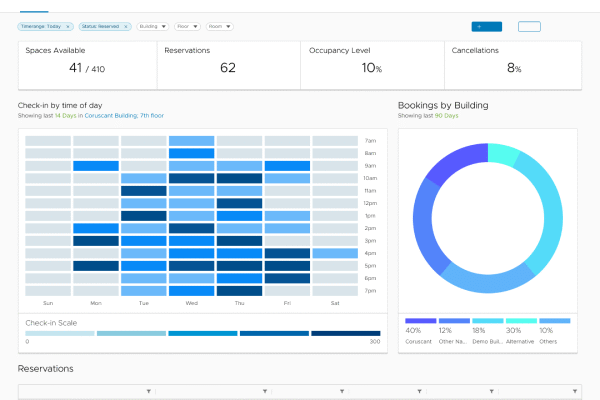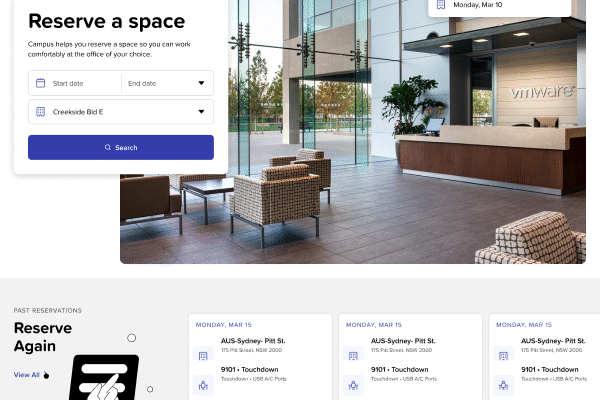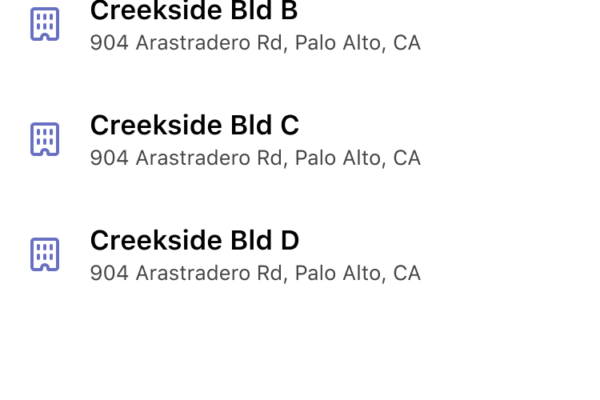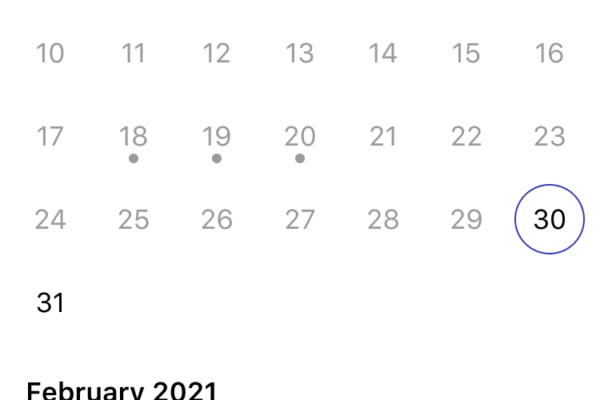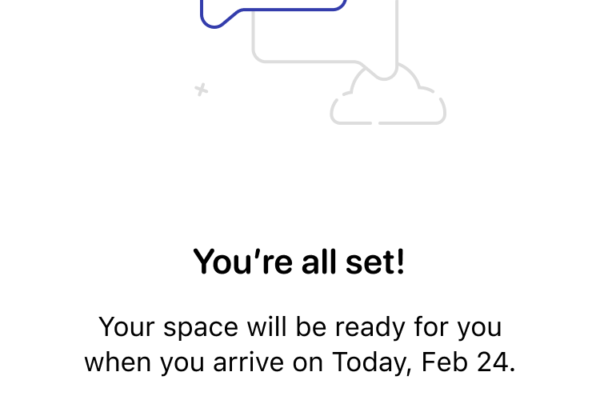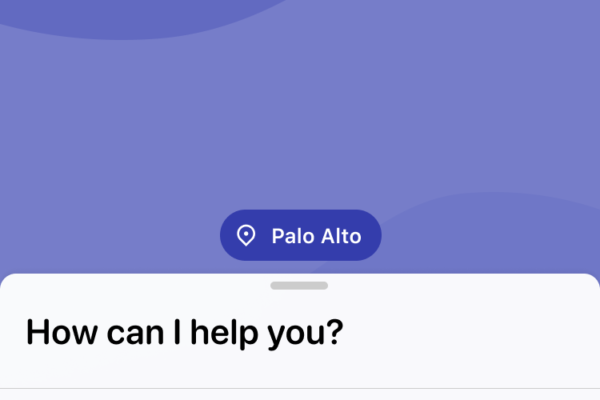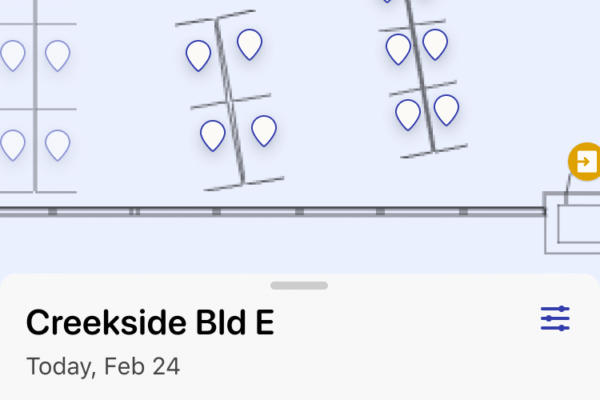Project Campus
From internal need to white-labeled product used by Fortune 25 companies.
At the height of COVID, we were forced to rethink everything. Work had moved home, but we knew the future wouldn’t be fully remote—it would be hybrid.
Campus was VMware’s solution to this new reality. Designed to support flexible in-office collaboration, real-time space usage, and intelligent booking experiences, the platform evolved into something far more powerful.
I led UX efforts across native, desktop, and admin experiences—designing not just interfaces, but systems for a new way of working.
Project Overview
At the height of COVID—2020 into 2021—we had a new problem: how do we reimagine the workplace when no one’s in it?
Campus was VMware’s response to that challenge. It started as an internal platform, but what we built ended up being so effective, we eventually white-labeled it and sold it externally—including to six Fortune 25 companies.
My role spanned leadership, execution, and strategy across three distinct but interconnected workstreams: native, desktop, and data analytics. I designed, led, connected dots, and ultimately helped bring a cohesive, intuitive experience to life—fast.
The new normal - Work 2.0
Work didn’t stop, it just shifted. Home offices became the default, and the traditional workplace needed a reset. The big idea? Offices wouldn’t be “offices” anymore—they’d be hubs. Places for connection, not permanence.
We needed a platform to support that shift. One that would let people easily find and book collaborative space, see availability in real-time, and help teams plan for a fluid, hybrid future.
The design challenge
Campus had to solve for a lot, all at once:
- A hybrid model that made sense to users
- Transparent space booking with real-time data
- A flexible admin side that could adapt to different teams and policies
- Usage analytics to inform space planning, not just react to it
And it had to be fast. We weren’t building for some hypothetical future—we were building for right now.
The role
I was brought in at different stages of the project depending on the need, and in each space, I wore a slightly different hat:
Mobile (Native)
Desktop
Admin Console
What we delivered
Campus wasn’t just one thing—it was a platform of interconnected tools. Here’s what we delivered:
-
Room & Desk Booking: Native and desktop flows that made it simple to find and reserve space
-
Admin Console: Internal tools to manage bookings, policies, and availability
-
Usage Analytics Dashboard: Visualizations that helped leaders understand patterns and make smarter space decisions
-
Live Room State: Real-time feedback on room status, occupancy, and availability


